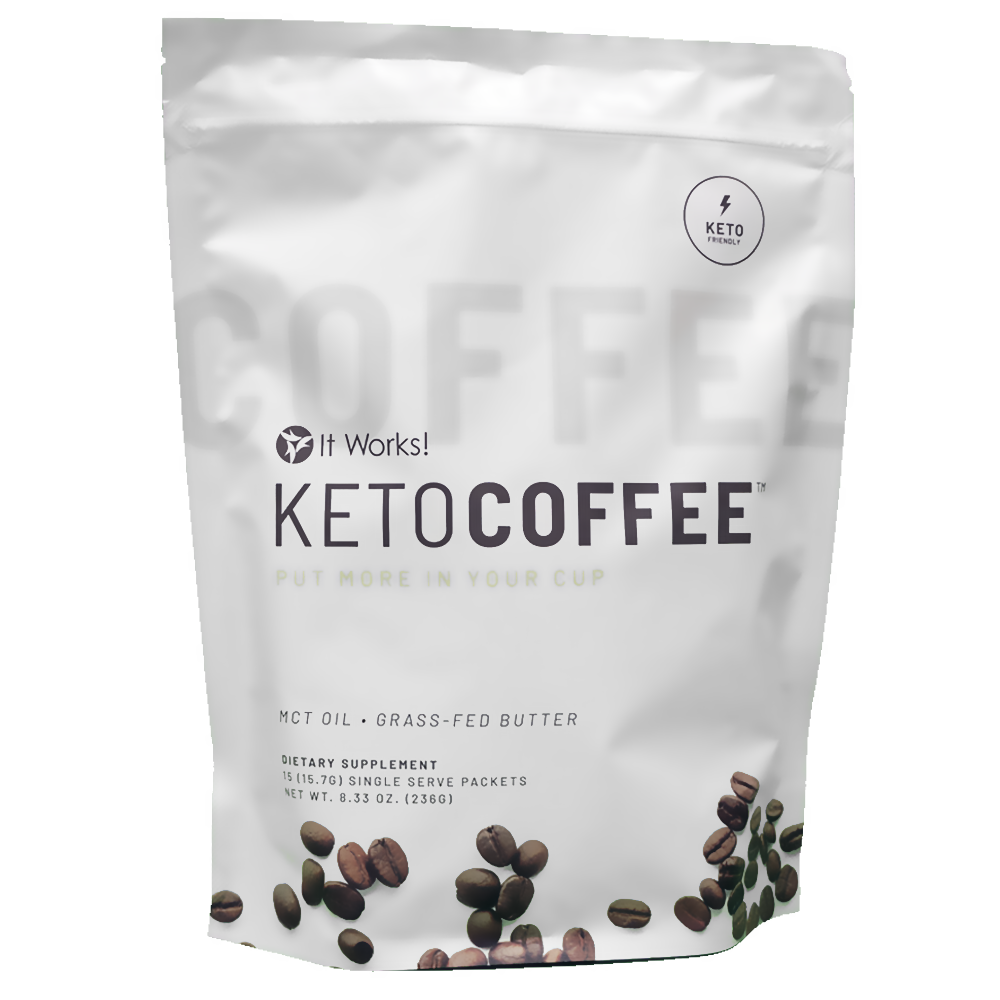
As the cellular “engine”, more mitochondria means more efficient energy metabolism. Studies have shown that MCT consumption increases the number of mitochondria in your cells. MCT oil also helps during fasting by increasing the energy efficiency of your cells. They don’t spike insluin, they don’t prevent lipolysis, and they don’t stop autophagy. Fats like MCTs do not make any practical difference to your fasting state, as they simply increase the amount of ketones in your blood. Aside from delivering ketone bodies (in the inital form of MCTs), MCT oil doesn’t confer any other calories. Simply having ketones in your blood wouldn’t do this.ĭespite not speeding up ketosis, MCT oil is extremely useful when used during a fast.įor one thing, the fact that MCT oil is readily converted into ketone bodies means it acts as instant fuel during a fast without breaking your fast.

To enjoy those benefits, the goal is really to drive down blood sugar low enough to trigger a spike in human growth hormone (HGH), to encourage lipolysis, and to begin autophagy. The presence of ketones alone would also not give you any of the benefits associated with fasting. The mere presence of ketone bodies does not trigger ketosis ther eis no clinical evidence showing a link between the presence of ketone bodies in the blood and ketosis. This state of ketosis is also associated with suppressed appetite (prolong satiety), which could make MCT oil even more useful for individuals new to fasting. This production of ketones is thought to help you enter ketosis faster, as your brain switches to using ketone bodies for fuel rather than glucose. MCT Oil is easily converted into ketones in the liver. However, the relationship between MCT oil and ketosis is complicated. Most people who fast are either explicitly or implicitly aiming to enter ketosis, as this state is associated with increased fat loss and better cognitive performance. Ketosis is the state in which your body starts using ketones for fuel rather than blood glucose. The main way in which MCT oil is said to be useful for fasting is by promoting ketosis. Let’s try to answer these questions together in more detail.ħ Our #1 Rated MCT Oil - Performance Lab MCT So does MCT oil break a fast? Does it help with intermittent fasting? How does MCT oil even work? After all, in consuming MCT oil, you are consuming calories, and that almost always means breaking a fast.

People claim it not only makes fasting easier, it also makes it more efefctive, forcing your body into ketosis faster, ramping up fat loss, and accelerating autophagy.īut this doesn’t seem correct intuitively. MCT is usually held up as one of the best supplements to take while fasting.

Or more correctly, fasting has reappeared as a regular part of our lives, although today it is usually dressed up in the language of science rather than being a religious compulsion or a practical necessity as it was in the past! One of the most popular uses of high quality MCT oil is as a fasting supplement.įasting, whether intermittent fasting or prolonged fasting, has become extraordinarily popular over the last few years. People all over the world are adding MCT oil to their post-workout shakes, their morning coffee, and their breakfast cereal, while others use it by itself as a nootropic supplement to boost mental energy. MCT oil is one of the most popular nutritional supplements on the market today. But clinically a small dosage of MCT will not as it will not spike insulin levels or stop autophagy. Technically speaking, any xenobiotic like MCT oil will break your fast. The short answer is: No, MCT oil will not break your fast.


 0 kommentar(er)
0 kommentar(er)
